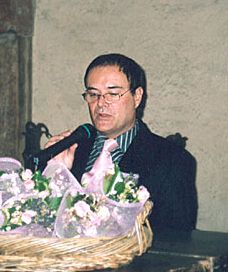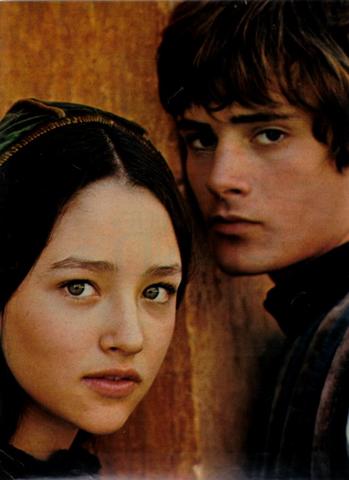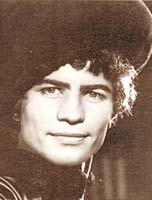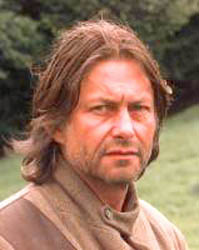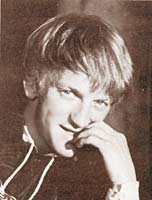I have been tweaking the Pensieve, my Harry Potter blog, today. Here’s a list of what’s new:
- Half-Blood Prince predictions (entry)
- Buy Harry Potter books and DVDs through the Pensieve
- More links to goodies (AOL Buddy Icons and Images)
- Minor tweaks to the templates
Check it out, if you are so inclined.

